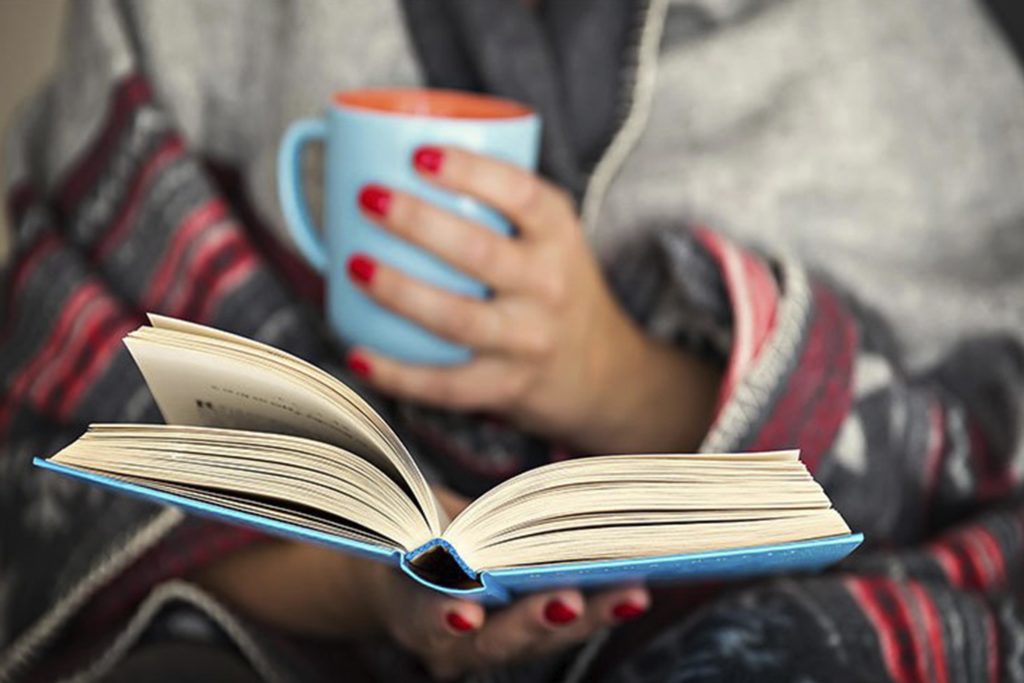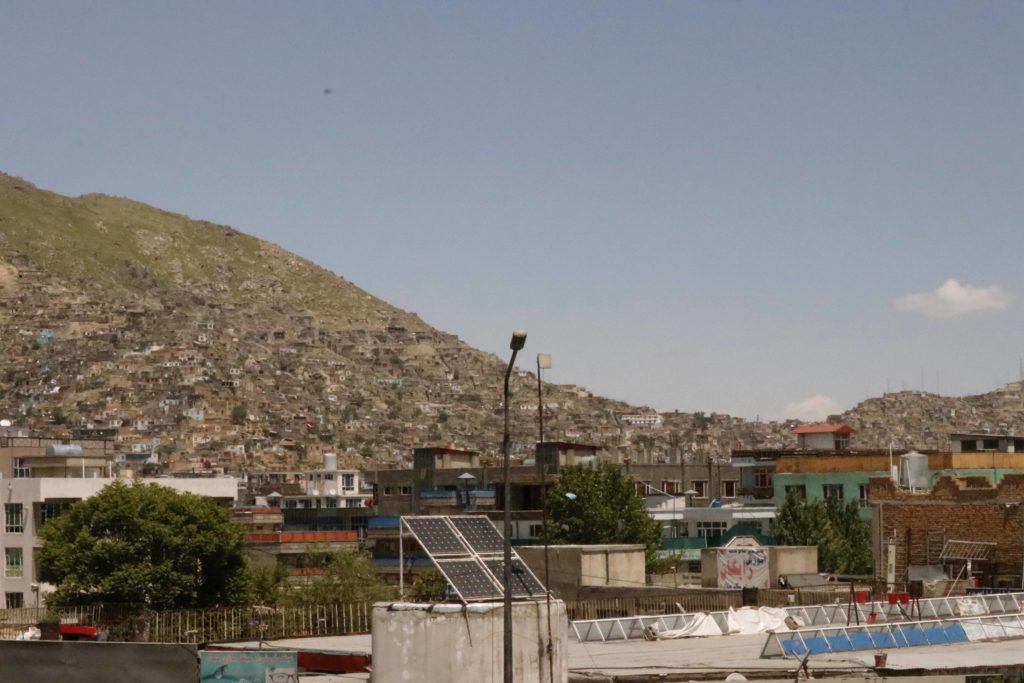This is not the first time that people around the world have been quarantined at home because of a virus.,
Reyaz, a resident of Kabul province who is quarantined at home due to coronavirus and quarantine, says: “Staying at home and adhering to quarantine is essential to preventing the spread of coronavirus. I think in this time can make good use of this extra time and attend to new topics by reading books or helping family members with household chores, do some sports during the day and also watch movies or play games in order to have a good time with other family members.”
Reading helps to develop our minds as well as helps to increase our knowledge. Reyaz says: “Books are good companions. I try to take advantage and read several books such as biographies of successful people, books which encourage self-improvement, novels, and success stories. “To make the most of my time, I also spend time with other family members during the day. I play a lot of games with them during the day, such as the game of chess, which plays an important role in strengthening the mind.” He says: “We also watch entertainment live shows, movies, short documentaries, and other educational programs through television and the internet.”
People in many parts of the world use Quarantine as an opportunity. Some people engage to learn new things and some try to be creative.
Diary writing is also something that, may people enjoy as a a good way to keep themselves busy: “I love writing, sometimes I write about my life in the quarantine, and share it with my friends through Facebook, it not only helps me to improve my writing skills but also helps me to spend time in quarantine. I share the quarantine experiences with friends through social media, so that we can give each other ideas.















